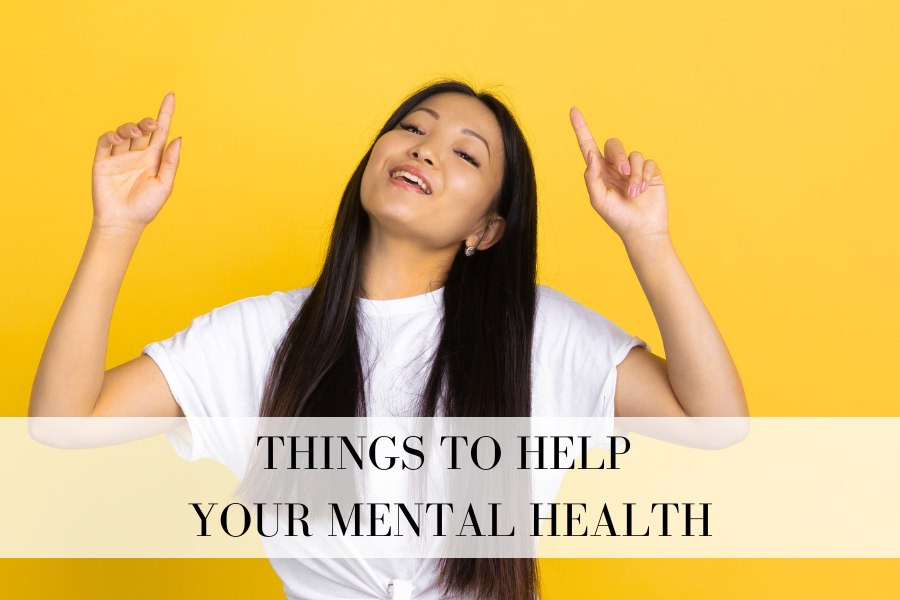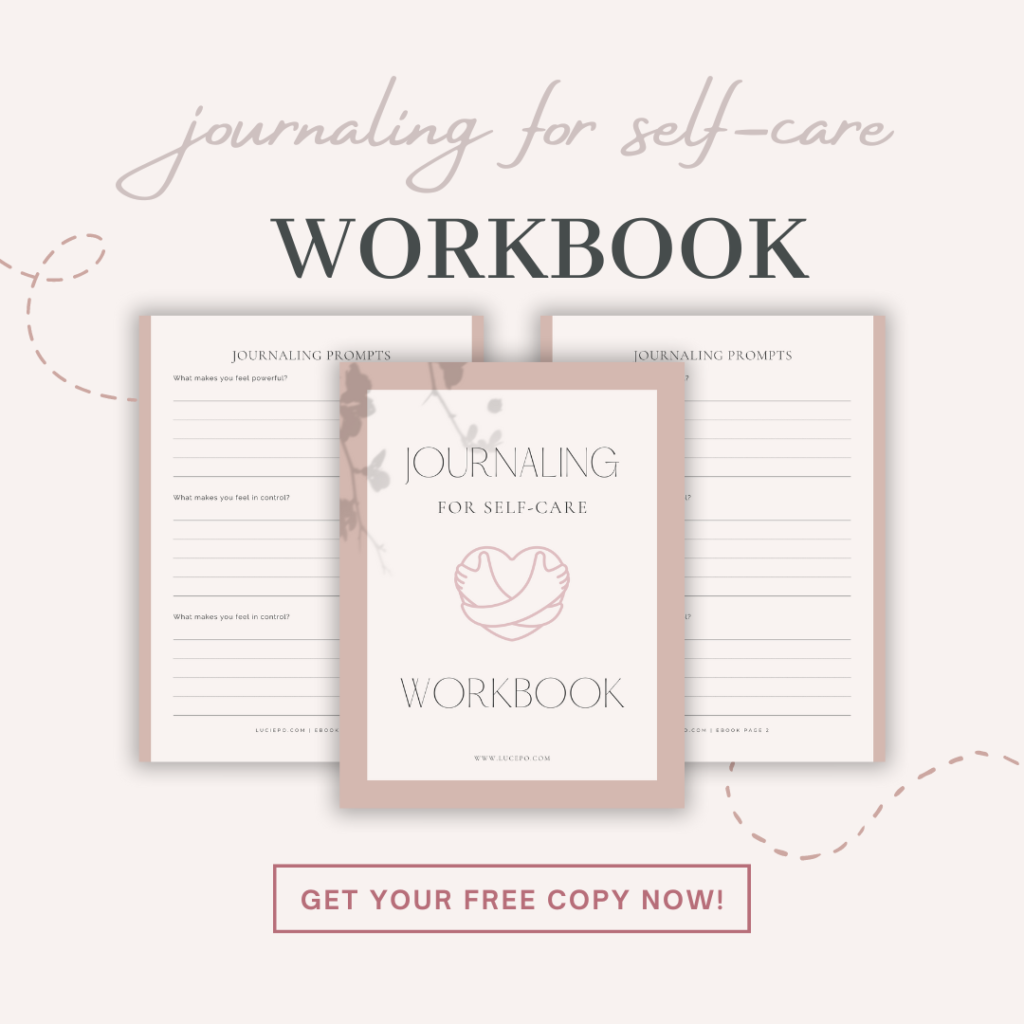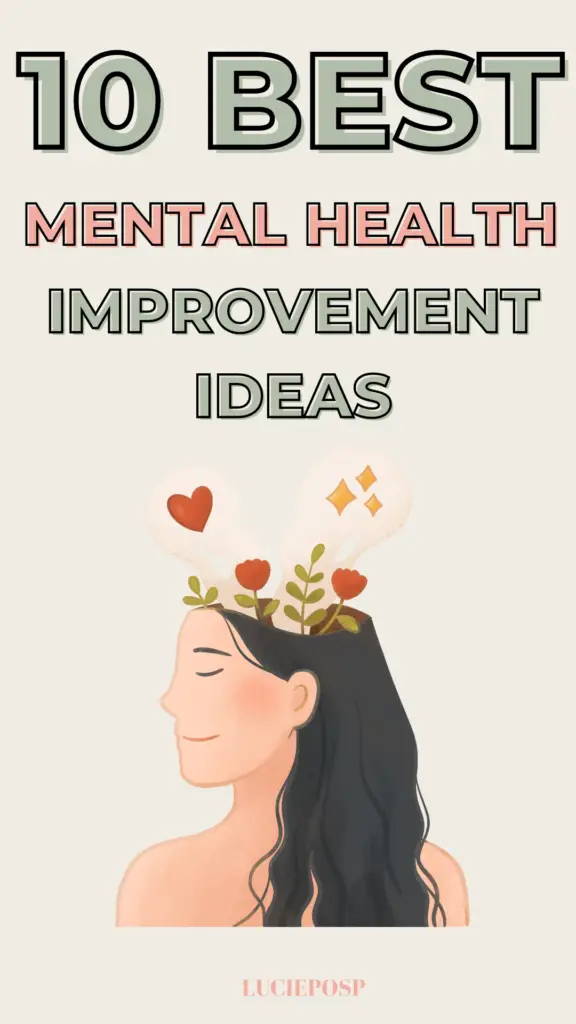
10 Easy Ways to Support Your Mental Health Today
Need to take better care of your mental health but don’t know where to start? This post will walk you through simple, stress-relieving things to help your mental health and mental wellbeing.
Taking care of your mental health is just as important as caring for your physical health. To help manage stress and ward off depression, here are ten simple methods for improving your mental well-being.
Don’t let stress overwhelm you – discover how to manage it in a healthy way! This guide provides practical tips for healthier habits that can reduce stress and improve your mental health.
1. Establish a Routine
Establishing a routine is key in helping to regulate your emotions and build better mental health. Wake up, go to bed and eat at the same times each day, which will naturally create structure in your life. This also provides time for intentional activities such as exercise or hobbies that nourish and energize you. As you follow your schedule, be sure to engage in activities that bring joy and pause for moments of stillness or reflection when needed.
2. Optimize Your Diet for Mental Health
When it comes to taking care of your mental health, you should not ignore the impact of proper nutrition. Eating a balanced diet is essential for good physical and mental health as nothing affects our minds like the food we eat. Incorporate wholesome, nutrient-rich foods into your daily routine such as fish, lean meats and eggs that provide vital sources of omega-3 fatty acids, which are important components in brain cell communication. Increase your intake of fruits and vegetables that contain antioxidants to guard against mental decline, while avoiding processed and sugary foods which can lead to decreased energy levels and cause further distress.
3. Stay Active Through Exercise
Exercise is a great way to boost mental wellness as it releases stress-busting endorphins that promote good feelings and reduce anxiety. Setting aside just thirty minutes of exercise each day can improve your mood, focus and overall well-being. Find an activity that you enjoy such as running, jogging or biking, and make sure to schedule regular sessions so that you can stick with it. Regular exercise will help to give you a sense of accomplishment while improving your sleeping patterns – both important factors for healthy brain functioning.
4. Get enough sleep
Sleep is an essential part of managing stress and promoting mental health. Aim to get seven to nine hours per night of quality sleep and avoid screen use before bedtime. Additionally, incorporate regular physical activity into your daily routine as this can help you relax, reduce symptoms of anxiety, and encourage a more restful sleep at night.

5. Make Time for Pleasure and Joy
It’s just as important to make time in your daily life for activities that bring you joy and pleasure as it is to take care of yourself. Adding these activities into your schedule can often be a challenge, so consider scheduling them into your calendar like any other appointment. Make the commitment and find ways to make time for activities that bring you pleasure and joy, such as spending time with loved ones, reading a book, playing an instrument or engaging in a hobby. This can help improve your overall sense of well-being while decreasing stress levels.
6. Make Connections with Others
Making connections with other people is a key way to boost mood and self-esteem. Spend time with family, friends and participate in meaningful activities such as volunteering. Connecting with others can lead to feelings of fulfillment, build relationships, and create a sense of community. Having these social connections can be especially important if you are feeling overwhelmed or anxious, providing an important support system that helps you seek the care you need.
7. Practice Gratitude and Generosity
Practising gratitude can help to significantly reduce stress. Spend a few moments each day focusing on and expressing gratitude for the people and things that you have in your life. Additionally, generosity acts as an antidote to stress; reaching out and helping others is a great way to decrease anxiety, depression, and other mental health issues caused by excessive stress.
8. Prioritise Time for Self-Care Activities or Hobbies
Taking time daily to participate in activities that you love can help to promote healthier living and reduce stress. Find ways to engage in hobbies or leisure activities that bring joy and relaxation into your life; this could include activities like painting, reading, gardening, writing, dancing, playing sports, or anything else that you enjoy.

9. Identify Sources of Stress and Find Ways to Combat Them
It’s important to understand the sources of stress in your life and find ways to combat them. Taking some time each day to pause, think, and reflect on worries or tasks that are causing you undue stress, can help you manage it properly. You can start by writing down what is causing your stress and making a plan for how you’ll tackle or address each problem.
10. Evaluate Your Social Circle and Spend Time with Supportive People
Creating meaningful relationships with people who understand and value you is important. Evaluate your social circle to recognise those individuals who are giving you the support you need. Spend time with those people who lift you up and make it easy for you to be yourself. Lean on these individuals when times get tough, or when making decisions about how best to manage stress in your life.
This blog post was all about the things to help your mental health.
We each have the power to create positive change in our lives, but it starts with acknowledging and prioritizing our mental health. So, take the steps you need to feel your best and be your best – for yourself and for those around you.
You might also like:
10 Most Popular Gratitude Activities For Adults – Lucie Po
5 Steps to Help You Start Your Personal Growth Journey – Lucie Po
15 Inspiring Personal Growth Journal Prompts for Self-Reflection – Lucie Po
Like it? Share it on Pinterest!








